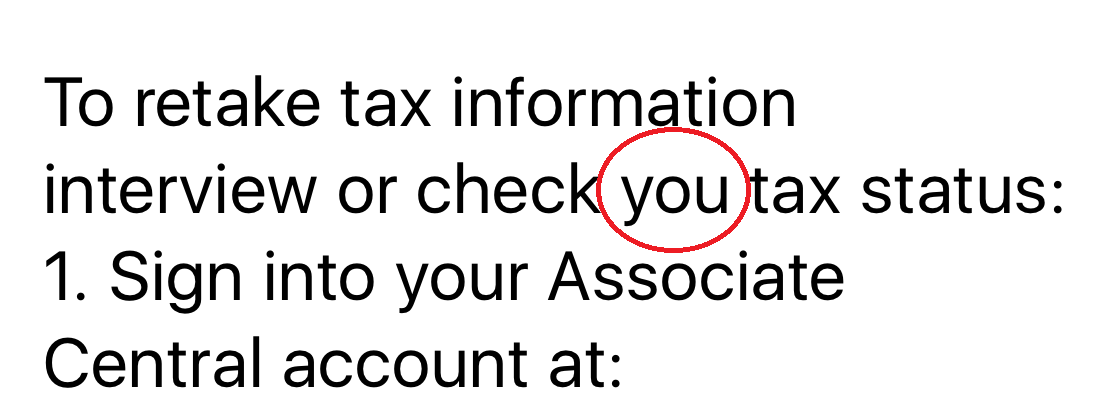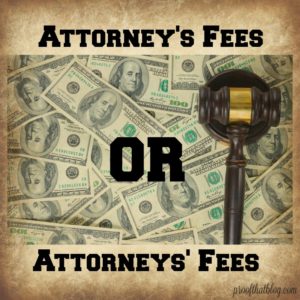 So is it “attorney’s fees” or “attorneys’ fees”? I see it both ways in all kinds of documents. According to Bryan Garner, it seems that “attorney’s fees” is used most frequently, but that “attorneys’ fees” is acceptable in cases where more than one attorney is charging fees for services. Some people use “attorney fees” to avoid making decision altogether.
So is it “attorney’s fees” or “attorneys’ fees”? I see it both ways in all kinds of documents. According to Bryan Garner, it seems that “attorney’s fees” is used most frequently, but that “attorneys’ fees” is acceptable in cases where more than one attorney is charging fees for services. Some people use “attorney fees” to avoid making decision altogether.
Other sources I found say:
- The U.S. Department of Justice U.S. Attorneys’ Manual, Civil Resource Manual has a section on “Attorney’s Fees.”
- A 2016 U.S. Supreme Court case (Kirtsaeng v. John Wiley & Sons, Inc., No. 15–375) talks about “attorney’s fees.”
- The American Bar Association published an article in 2016 about “attorney fees.”
- Black’s Law Dictionary uses “attorney fees.”
No wonder people are confused. While it isn’t really a big deal, your firm should decide which form they want to use and then everyone should use that form. My biggest fear is always that different briefs from the same firm will have it different ways. Remember my mantra–consistency is good.
Here is my take: If there is ONLY one attorney charging fees, I think “attorney’s fees” is correct. They are the fees of that attorney. However, if there are multiple attorneys charging fees even in one firm, it should be “attorneys’ fees.” They are fees charged by multiple attorneys.
Do you agree?
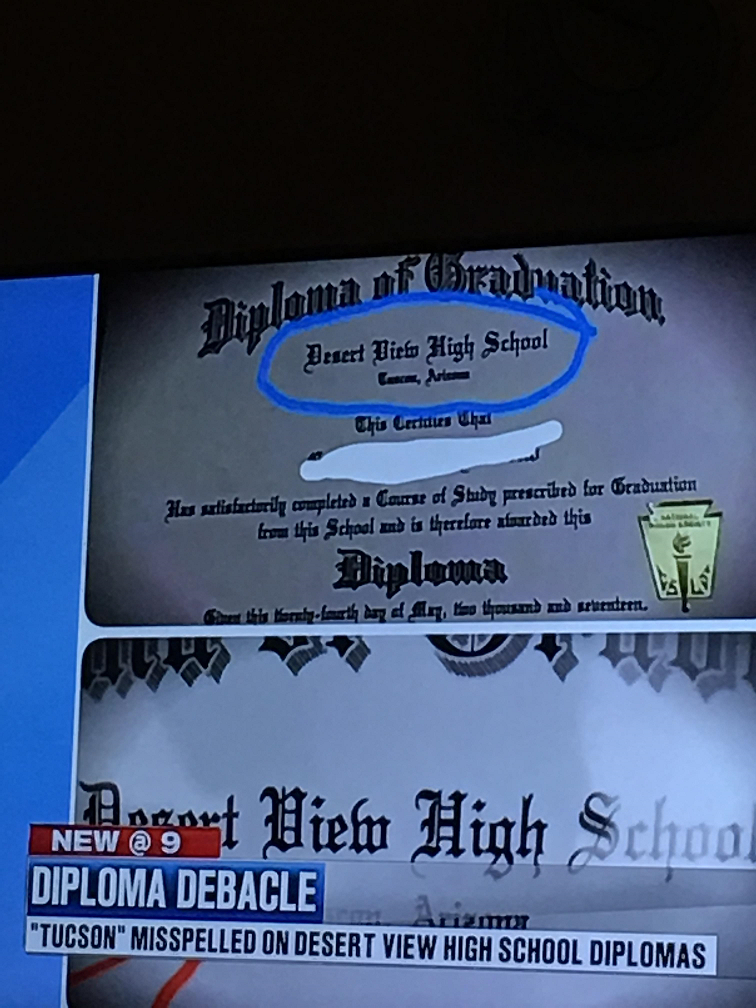


 Follow
Follow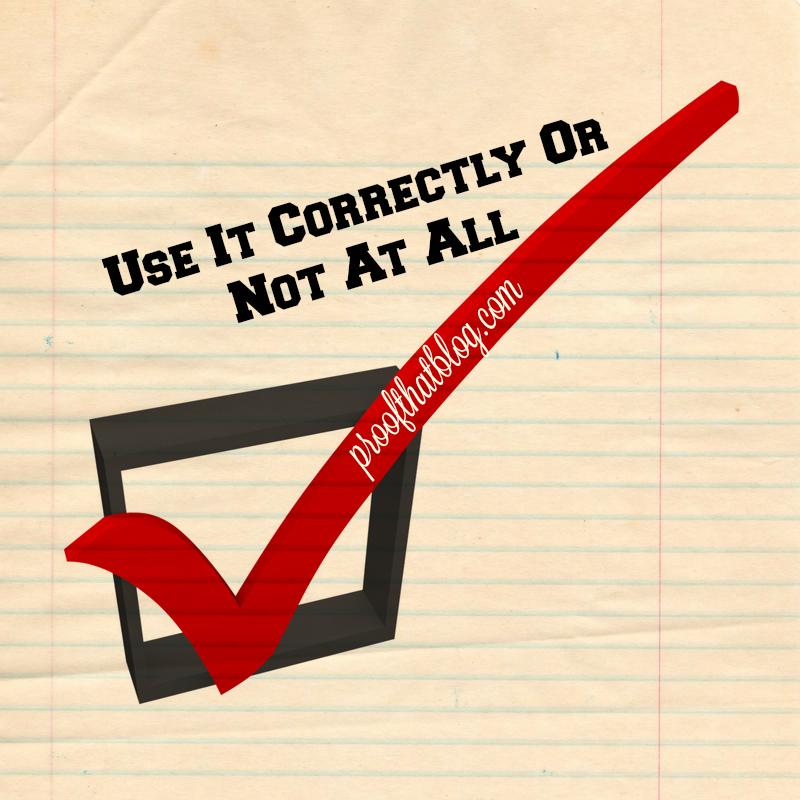 Here are some words that seem to have a propensity for being used incorrectly–particularly in the legal setting. Hopefully, this list will help you be that person who does know how to use them correctly.
Here are some words that seem to have a propensity for being used incorrectly–particularly in the legal setting. Hopefully, this list will help you be that person who does know how to use them correctly.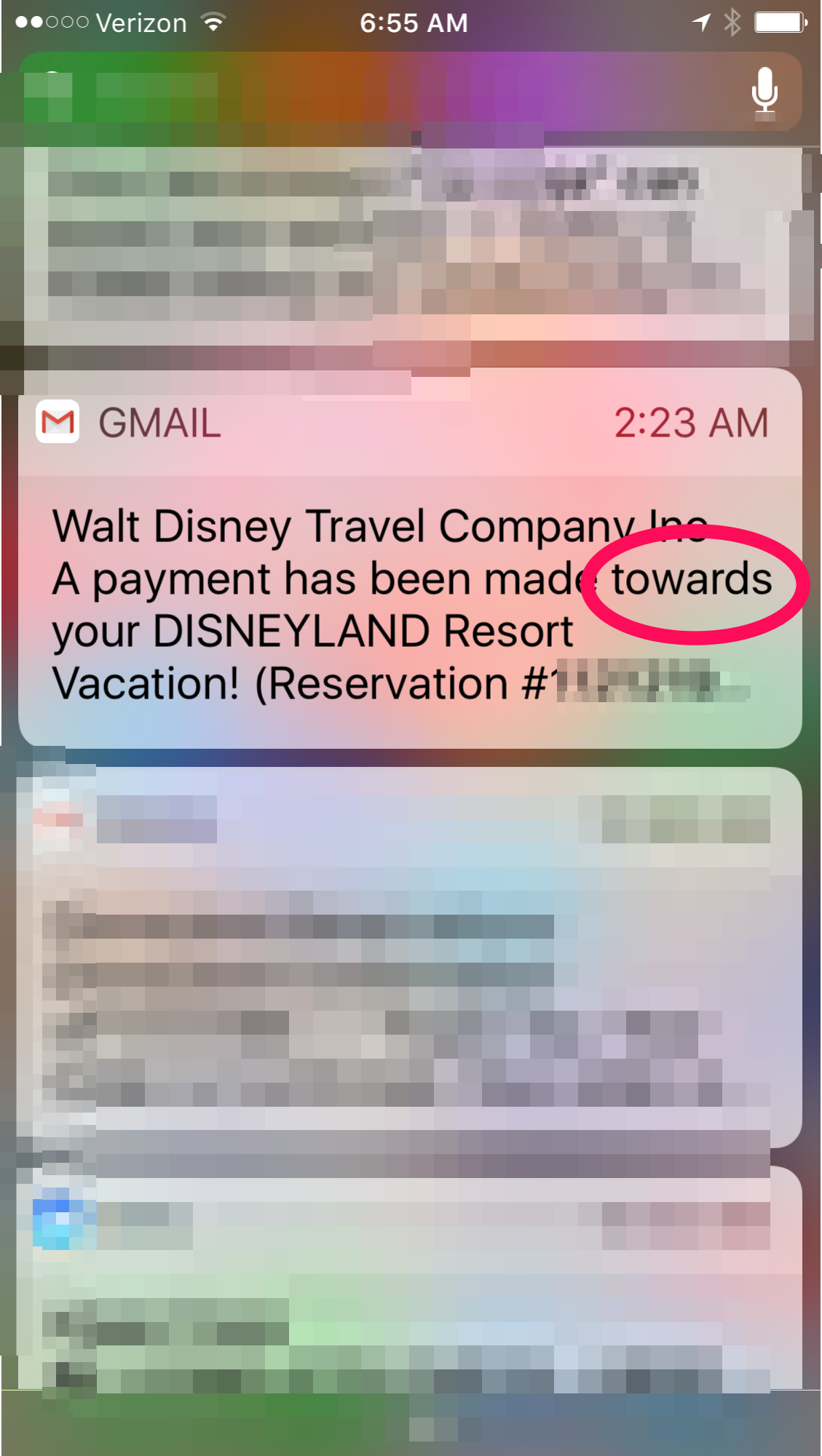


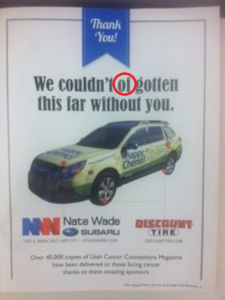
 So is it “attorney’s fees” or “attorneys’ fees”? I see it both ways in all kinds of documents. According to Bryan Garner, it seems that “attorney’s fees” is used most frequently, but that “attorneys’ fees” is acceptable in cases where more than one attorney is charging fees for services. Some people use “attorney fees” to avoid making decision altogether.
So is it “attorney’s fees” or “attorneys’ fees”? I see it both ways in all kinds of documents. According to Bryan Garner, it seems that “attorney’s fees” is used most frequently, but that “attorneys’ fees” is acceptable in cases where more than one attorney is charging fees for services. Some people use “attorney fees” to avoid making decision altogether.

